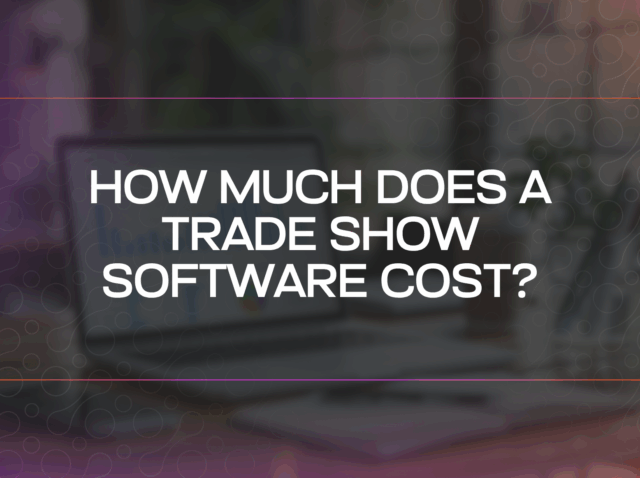Over the past 14 months, the pandemic has put the global event industry to the test, forcing every event organizer to rethink their business model and embrace digital transformation more than ever before.
Here’s what the trade show sector has ultimately learned from the pandemic and events crisis:
1. Trade Shows Remain Essential for Industry Supply Chains and Niche Markets
Despite the global shutdown, one thing has become clear: trade shows are irreplaceable tools for industry supply chains and highly specialized market niches. They serve as powerful business accelerators and innovation hubs where professionals can connect, exchange ideas, and grow their networks.
2. Interaction Can Extend Beyond Physical Space and Time
The pandemic and events landscape proved that engagement doesn’t have to be limited to physical spaces or event dates.
With virtual and hybrid events, organizers can now facilitate meaningful interactions between exhibitors and attendees anytime, anywhere. This shift has expanded the potential reach and longevity of every event experience.
3. New Opportunities for Monetization and Expertise Recognition
The pandemic has highlighted a significant opportunity: event organizers can now monetize their role and expertise beyond the traditional event model.
By offering value-added digital services—such as data insights, online matchmaking, or lead generation tools—organizers can strengthen their position as year-round facilitators of business connections.
4. The Rising Demand for Hyper-Targeted Content
Another key lesson from the pandemic and events era is the growing need for highly specific, niche content.
Every market segment requires tailored insights and specialized information. Successful organizers have shifted from one-size-fits-all strategies to hyper-vertical content that addresses the exact needs of their communities.
5. The Reality of Virtual and Digital Events
While virtual events were initially seen as the perfect solution, reality has shown that they don’t always deliver as expected. The main challenges include:
- Low attendee engagement
- Technical limitations and complexity
- Difficulty monetizing interactions using traditional exhibitor–visitor models
However, digital events have proven to be excellent lead generation tools and valuable data collection platforms, helping organizers better understand their audiences.
6. A Smaller, More Competitive Market Ahead
The post-pandemic landscape is also marked by change. There will likely be fewer companies and less overall investment in the events industry.
This means that organizers must become even more strategic, innovative, and technology-driven to maintain relevance and value in the market.
7. Technology as a True Ally for Physical Events
As industry expert Enrico Gallorini highlighted during IEN 2021, fully digital events have their limitations—but technology itself is not the problem.
When used effectively, platforms like LetzFair can transform a physical event by combining the power of in-person engagement with the efficiency of digital tools.
This hybrid approach enhances the participant experience, supports data-driven decision-making, and keeps the unique sense of connection that only physical meetings can provide.
Watch the IEN 2021 Conference On-Demand
If you missed IEN 2021, you can still watch it for free by registering through this link.
The session offers valuable insights into what the pandemic has taught the events industry, and how organizers can use technology to shape the future of trade shows and conferences.
Ultimi articoli:







